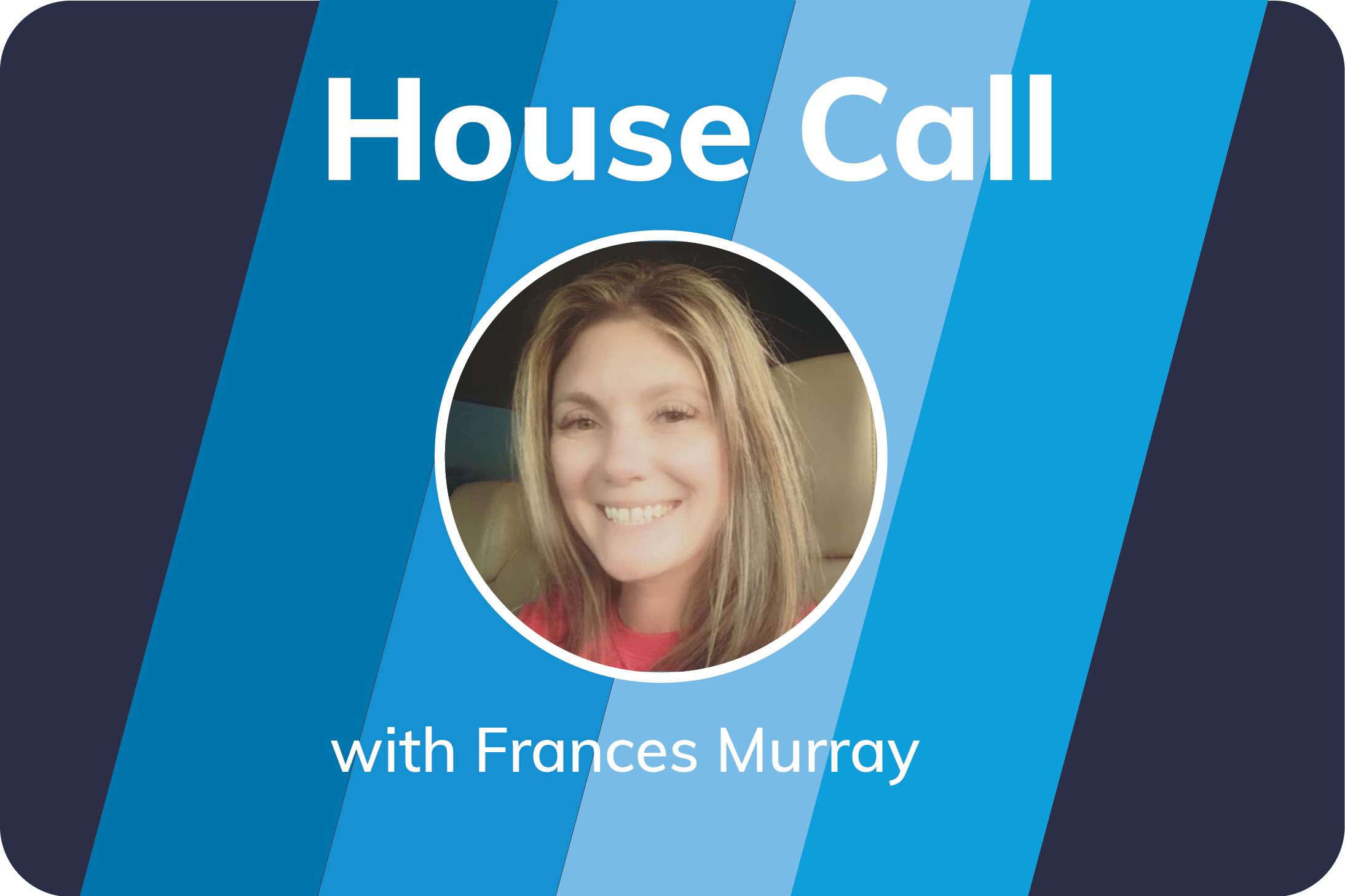By: Frances R. Murray, Director of Cardiopulmonary and Sleep Lab Department
Most of us, at some point or another, have been talked to about the importance of sleep.
Raise your hand if you’ve heard that adults should get more than seven hours of a sleep each night? Now, raise your hand if you’ve heard of sleep medicine? That’s right, there’s an entire medical specialty dedicated to the study of sleep.
As the director of Artesia General Hospital’s Cardiopulmonary and Sleep Lab Department, I have the opportunity to help people who struggle with sleep disorders or disturbances find the appropriate treatment so they can feel rested and revived. But what exactly is sleep medicine? And what’s a sleep lab?
Sleep Medicine 101
Sleep medicine encompasses clinical evaluations and treatments for people struggling with sleep disorders, such as insomnia, narcolepsy, excessive snoring, morning headaches, excessive daytime sleepiness, parasomnias (sleep walking, night terrors or confusional arousals) and restless leg syndrome.
The most common condition we treat at Artesia General Hospital is obstructive sleep apnea (OSA). OSA occurs when breathing is interrupted during sleep for more than 10 seconds at least 5 times per hour (on average). However, we see individuals with all kinds of sleep disorders, including:
- Central sleep apnea (CSA): CSA is characterized by a lack of drive to breathe during sleep. These nighttime breathing disturbances can lead to other medical conditions and increase the risk of heart problems.
- Parasomnias: This occurs in a state that lies between sleep and wakefulness. A person with parasomnias may seem to be alert—walking, talking, eating or doing other activities—but without awareness because their brain is only partially awake.
- Restless leg syndrome: A condition characterized by a nearly irresistible urge to move the legs, typically in the evenings.
- Narcolepsy: A chronic neurological disorder that affects the brain’s ability to control sleep-wake cycles. People with narcolepsy may feel rested after waking but very sleepy throughout the day.
The good news is that sleep disorders are treatable. Some improve with lifestyle changes and healthier habits, while others require medications, oral devices, sleep machines or, in some cases, surgical implants.
Do sleep disorders impact children?
Sleep disorders affect all ages, including children and infants. The most common disorder we see in children is insomnia (trouble falling asleep and staying asleep). Delayed phase sleep syndrome is also very common. This chronic disorder is often seen with teenagers and occurs when the person goes to bed two or more hours later than normal. This makes it hard to wake up the next morning and can have a negative impact on their behavior, mood and activity levels throughout the day.
Because pediatric sleep disorders require especially close monitoring, our sleep lab specialists always conduct independent studies with children to ensure the most personalized approach.
What happens in a sleep lab?
Sleep studies are conducted in a sleep lab. Our sleep lab rooms are setup to feel like home—from the tasteful art to the high-quality, cozy beds. Our large single rooms are also equipped with state-of-the-art technology for monitoring and testing.
Diagnosing patients requires a minimum of six hours of full sleep time recorded. Some sleep studies can be conducted in a daytime session while others require an overnight session. Depending on the diagnosis, some people have to come back for another study.
Sleep studies can cause people to feel vulnerable. Peace of mind is key when preparing patients for a sleep study. We have male and female technicians as well as fluent Spanish speaking technicians. Our goal is that everyone who comes through our doors for a study feels comfortable, safe and informed.
We recommend patients wear loose clothing to a study, preferably shorts and a t-shirt. Patients can expect to have wires placed on their scalp, torso and legs. We also wrap a belt around their chest and stomach and use a cannula to monitor breathing. Patients will be on camera the entire study.
This process may feel uncomfortable at first, but it’s a necessary step in making a proper diagnosis and moving forward with a treatment plan. We find that after a short adjustment period, most people settle in and fall asleep regardless of the wires and monitoring.
Why is it important to seek care for a sleep disorder or disturbance?
Sleep problems can lead to other medical conditions and, conversely, medical disorders can lead to sleep disturbances. A routine sleep question is useful during doctor’s appointments for all ages because sleep disturbances often indicate significant developmental and/or pathologic processes. Sleep questions are also beneficial in specialty clinics—such as psychiatry, neurology, endocrinology, oncology and urology—to assist in diagnosis, evaluations, treatment plans and, ultimately, improving quality of life.
It’s Time to Get a Good Night’s Sleep
People who suffer from sleep disorders or disturbances don’t know what it feels like to have a really restful night of sleep. This has both short- and long-term effects on health and day-to-day experiences.
In sleep medicine, there’s no better feeling than working with someone whose life changes for the better after completing a sleep study.
If you or someone you know suffers from poor sleep, don’t wait to get help! Scheduling an appointment with a sleep specialist is a great first step in taking charge of your health—and your life.



